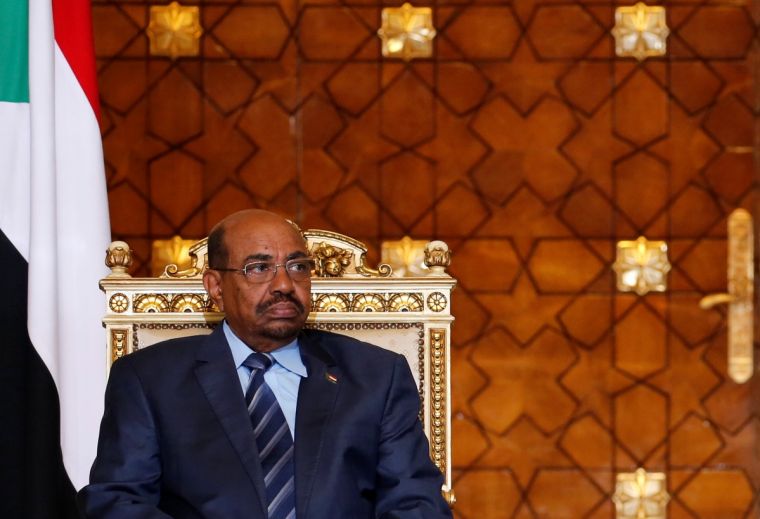South Africa said on Friday it was quitting the International Criminal Court (ICC) because membership conflicted with diplomatic immunity laws.
Pretoria had previously ignored a court order to arrest Sudan's President Omar al-Bashir, who is accused of genocide and war crimes, when he visited.

The announcement places the ICC, the world's first permanent war crimes court, under fresh pressure. It has been accused of pursuing a neo-colonial agenda in Africa, where all but one of its 10 investigations have been based.
Burundi has already said it plans to leave and Kenya's parliament is considering following suit.
South Africa's justice minister Michael Masutha told reporters in Pretoria that the government would draft a bill to repeal South Africa's adoption of the ICC's Rome Statute in order to preserve its ability to conduct active diplomatic relations, and had given formal notice.
Advertisement
He said the statute conflicted with South Africa's Diplomatic Immunities and Privileges Act, but that the government remained committed to the fight against impunity.
A document seen by Reuters at the United Nations on Thursday showed the move would take effect one year after notice was formally received by Secretary-General Ban Ki-moon.
James Selfe, a senior executive at the main opposition Democratic Alliance, said the party would file a court application on Friday to set aside the plans "on the grounds that it is unconstitutional, irrational and procedurally flawed".
Former South African judge Richard Goldstone, a respected figure in international justice and former chief prosecutor at the International Criminal Tribunal for the former Yugoslavia, said quitting the ICC was "demeaning" to the country.
From a moral standpoint, it detracts from the inspiring legacy of the administration of President Nelson Mandela that so strongly supported the ICC," said Goldstone, chairman of the advisory board of the coalition for the ICC, which provides strategic guidance on key issues.
The ICC has been existence for 14 years and has frequently been criticised for the glacial pace of its investigations. It has returned only five verdicts, all against Africans.
Among the ICC's targets were Kenya's President Uhuru Kenyatta and his deputy William Ruto following horrific violence after elections in 2007. Kenyatta was accused of inspiring violence including rape, murder and torture. Men were forcibly circumcised and Kenya was brought to the point of civil war. The charges were dropped in 2014 after the Kenyan government refused to hand over vital documents.
In January, the African Union backed a proposal by Kenyatta for officials of various member states to "develop a road map" on possible withdrawal from the Rome Statute. The decision was not legally binding as the final decision to leave the ICC would be taken by individual nations.
Burundi's parliament voted last week to leave the court, although the United Nations has not yet been officially notified.
Additional reporting by Reuters.
Sponsored
Watch Your Favorite Christian Films, 24/7. Click Here To Start Your Free Trial TodayOriginal Article


